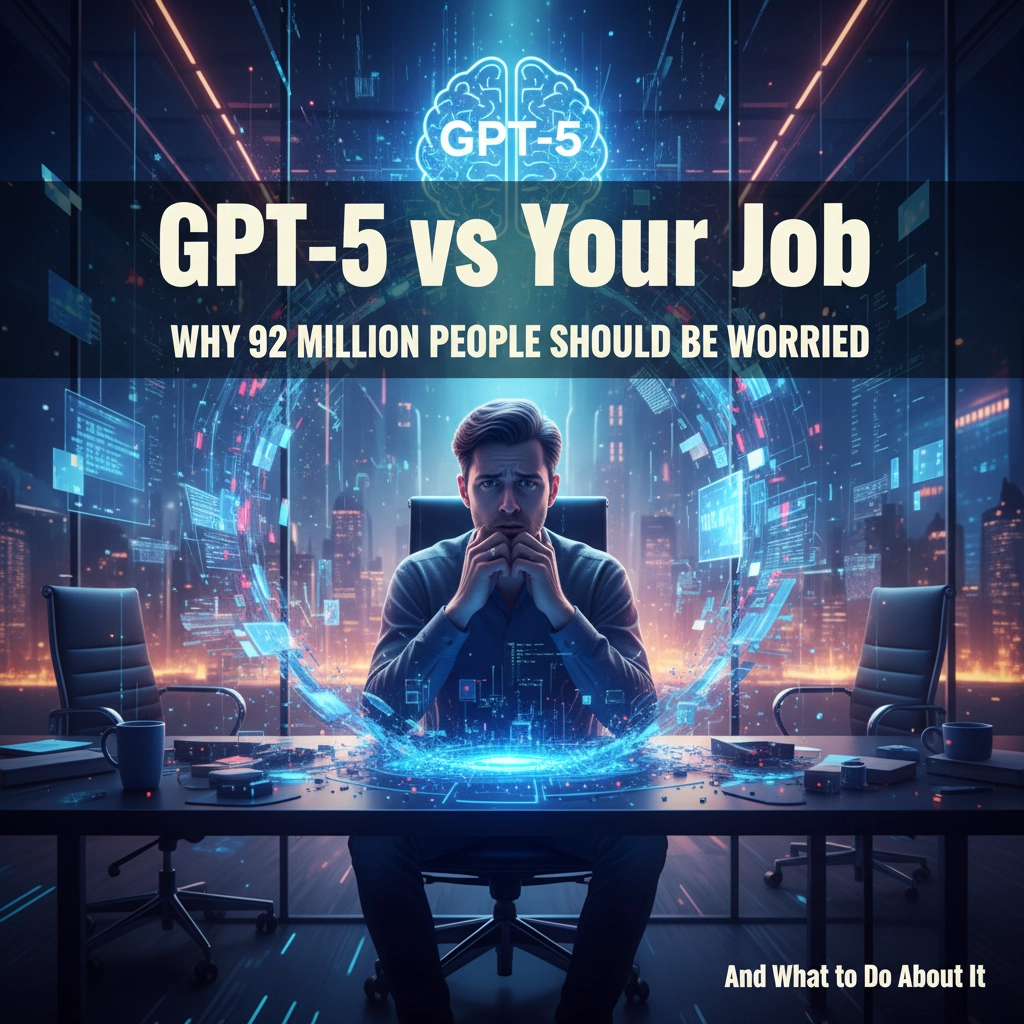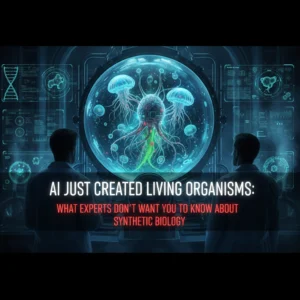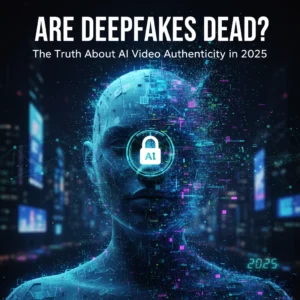Did you know that while you were scrolling through social media last month, an AI system just got smart enough to potentially replace 92 million jobs by 2030? That's not some distant sci-fi prediction, it's what the World Economic Forum is saying about GPT-5, which quietly launched on August 7, 2025.
Here's the thing nobody's talking about: this isn't just another tech upgrade. We're looking at something that could reshape entire industries faster than most people can learn new skills. And the workers who should be most worried? They're probably not the ones you'd expect.
What Makes GPT-5 Different (and Scary)
GPT-5 isn't just GPT-4 with a few tweaks. It's basically like comparing a calculator to a smartphone. The new system combines different AI models that work together, automatically picking the right tool for each task. Need something done fast? It uses the speedy version. Complex problem that requires deep thinking? It switches to the heavy-duty model.
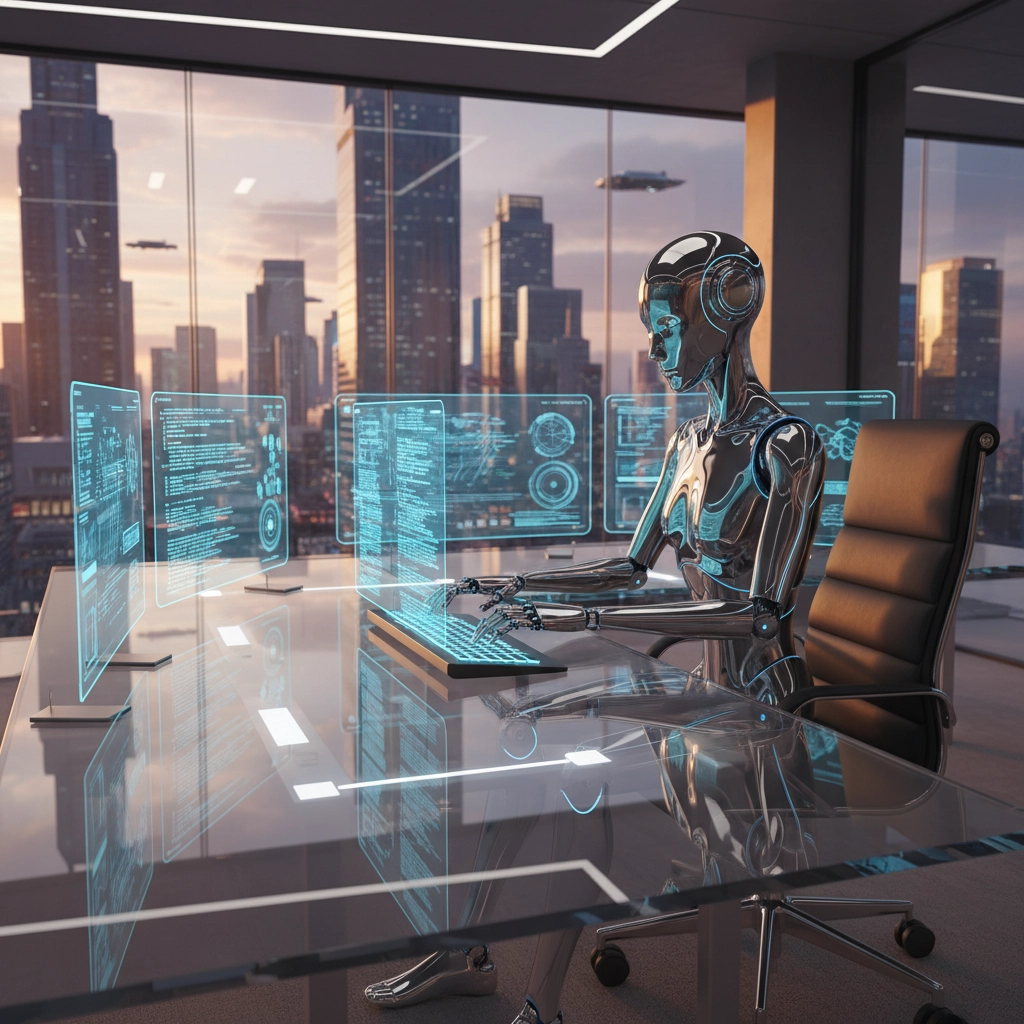
Sam Altman called it "PhD-level" across multiple fields, and honestly, that's not marketing fluff. Early testers found it crushing tasks in math, programming, finance, and even understanding images and charts. The error rate dropped to just 1.4%, meaning it's wrong less often than most humans on many tasks.
But here's what makes it really dangerous to jobs: it doesn't get tired, doesn't need benefits, doesn't take sick days, and works 24/7. A single GPT-5 license could theoretically replace multiple full-time positions in the right circumstances.
The Jobs That Are Actually Disappearing
Let's get real about who's in trouble. The 92 million figure isn't just random, it's based on analysis of which jobs AI can actually do today, not someday in the future.
The most vulnerable positions:
- Office and administrative workers (11% of all jobs)
- Business and financial analysts (6% of the workforce)
- Management roles that involve data analysis (7% of workers)
- Sales positions that don't require face-to-face relationship building (9% of jobs)
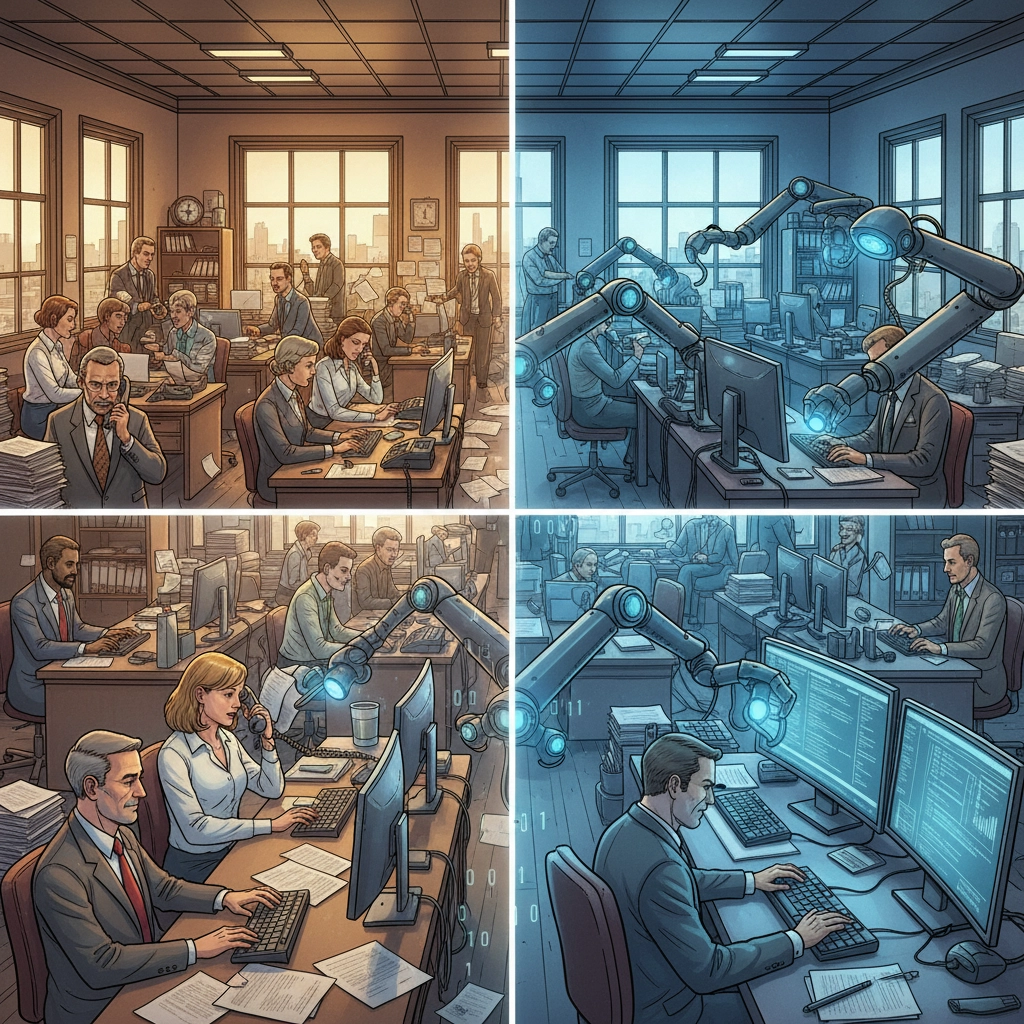
Here's where it gets scary: some experts think we could see 20-40% unemployment in entire sectors within just 2-3 years. Not a gradual decline, entire departments could vanish overnight when companies realize they can get the same output from AI at a fraction of the cost.
Take Sarah, a marketing analyst at a mid-size company. She spends most of her day creating reports, analyzing campaign performance, and making recommendations. GPT-5 can do all of that faster and with fewer mistakes. Her boss hasn't told her yet, but they're already testing whether one AI system could handle the workload of three analysts.
That's happening in offices everywhere right now.
What Workers Are Really Thinking
The numbers tell a brutal story about how people actually feel. 52% of workers are worried about AI, while only 29% feel excited about it. That's not misguided fear, that's people looking at their daily tasks and realizing a computer could probably do them.
32% of US workers think AI will mean fewer job opportunities. Another 24% worry their specific job will become obsolete. And here's the kicker: 55% of people think AI will eliminate more jobs than it creates, despite what tech CEOs keep saying about "new opportunities."

The workers who should be most concerned? It's not just entry-level positions. Higher-paid knowledge workers, the ones who thought their education protected them, are actually more likely to face displacement. AI is coming for spreadsheet jockeys and report writers before it replaces plumbers and electricians.
Even worse, there's a huge disconnect between what executives and regular employees are hearing. 44% of bosses think their companies are being transparent about AI plans, but only 25% of workers agree. Most people have no idea what's coming.
How to Bulletproof Your Career
Okay, enough doom and gloom. Here's what you can actually do about it.
Stop competing with AI: start partnering with it. The people who'll thrive aren't those who can do what AI does, but those who can do what AI can't. Focus on judgment calls, creative problem-solving, and anything requiring emotional intelligence or complex human relationships.
Learn to use AI tools now, not later. 39% of workers worry they won't get proper training in new technology. Don't wait for your company to train you: start playing with GPT-5 and similar tools yourself. The workers who can leverage AI to be more productive will be way more valuable than those who can't.
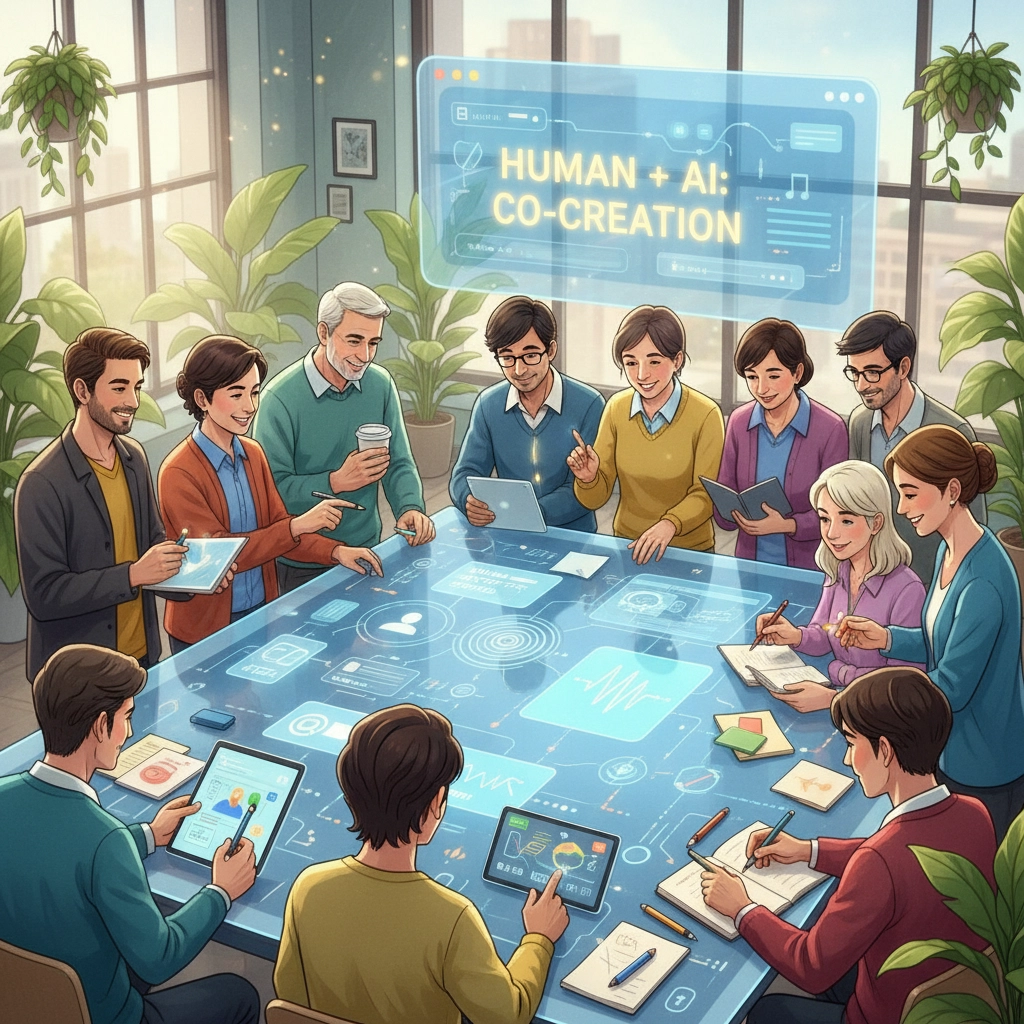
Build skills that require human oversight. As AI handles routine tasks, demand grows for people who can manage AI systems, catch its mistakes, handle edge cases, and provide quality control. Think of yourself as the supervisor of very capable digital assistants.
Create evidence of what makes you irreplaceable. Build a portfolio of work that shows your unique human capabilities. Contribute to projects that need creativity, ethical judgment, or complex stakeholder management. Make it obvious what you bring that a computer can't.
Don't put all your eggs in one employment basket. The traditional job-for-life model is getting shakier. Explore freelancing, consulting, or small business ideas where you control how AI fits into your work instead of being subject to someone else's automation decisions.
Remember Tom from accounting? He saw the writing on the wall when his company started using AI for basic bookkeeping tasks. Instead of panicking, he learned how to use the AI tools to handle routine work faster, then positioned himself as the guy who could interpret the results and catch problems the AI missed. When layoffs came, he was promoted to oversee the new AI-assisted accounting department.
The brutal truth is that the 92 million job displacement figure might be conservative. But the flip side: 78 million new jobs created: is also real. The question isn't whether change is coming. It's whether you'll be ready for it.
What are you doing today to make sure you're not part of the 92 million, but part of the solution instead?

